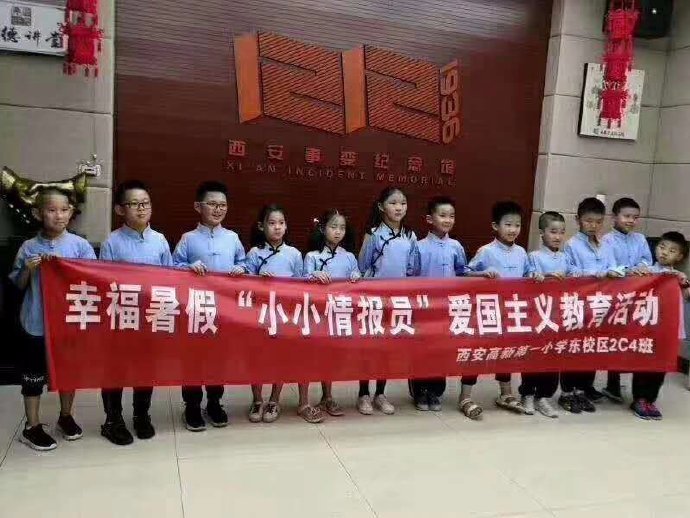The Independent People’s Tribunal in London pronounced its verdict on June 17, saying that the CCP is still conducting organ harvesting from dissidents, especially the Falun Gong practitioners and the Uyghurs. The Epoch Times interviewed Ethan Gutmann, founder of the International Coalition to End Transplant Abuse in China (ETAC) on how to stop the CCP’s organ harvesting.
Gutmann believes that there is ample evidence of the CCP’s organ harvesting. What the world needs now is action. “Will (the People’s Tribunal verdict) mean that more countries will prohibit their citizens from going to China for an organ transplant? “I hope so,” said Gutmann. Will this mean more countries will stand up to oppose the CCP’s actions? “I very much hope so.” The London Tribunal has pointed out that if you trade with the CCP, you are trading with a criminal state. I hope the verdict will cause the world to cut ties with the Chinese doctors who conduct organ transplants.”
Gutmann explained what cutting ties means: Chinese doctors doing organ transplants are not welcome at Western conferences and cannot publish articles in Western medical magazines, receive Western training, or buy equipment. Western medicine companies should stop clinical trials in China.
Gutmann believes that cutting ties is the most powerful means that the West can use.
He also pointed out that cutting ties would mean the CCP will lose a lot of money which is what the CCP really cares about. “If the Western pharmaceutical industry wants people to buy medicine from China, people must first have a high confidence in China’s medical system. If people lose that confidence because of the organ harvesting, the CCP’s ability to make money will be impacted dramatically.”
Source: Epoch Times, June 30, 2019
http://www.epochtimes.com/gb/19/6/29/n11354404.htm


